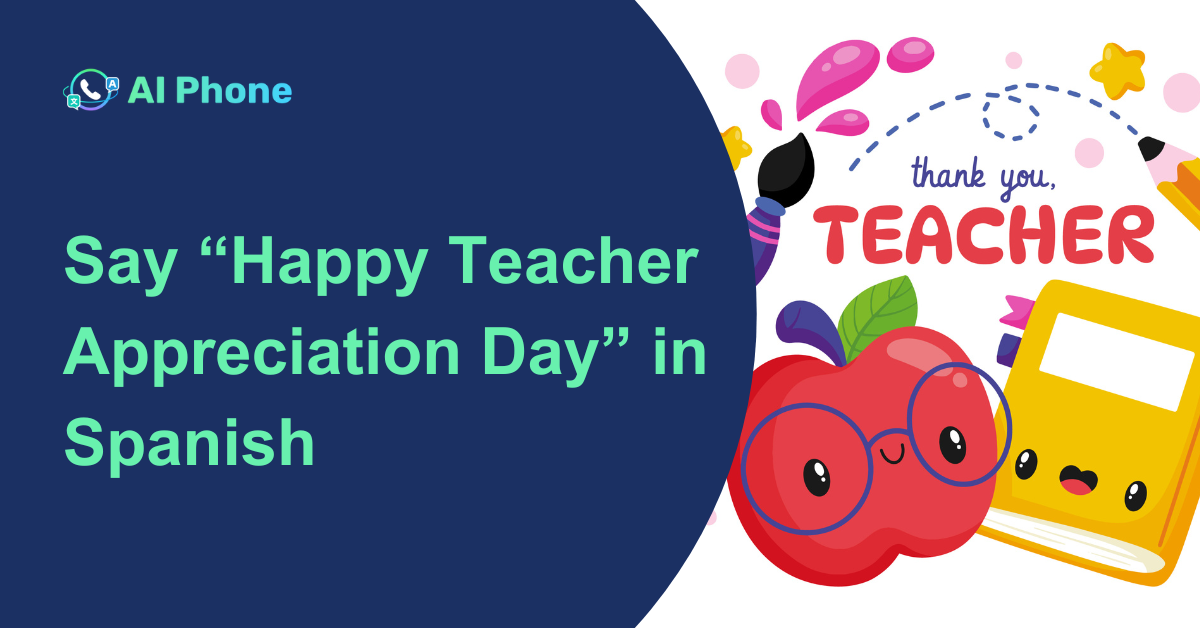Japan is one of the most captivating travel destinations in the world—famous for its blend of tradition and innovation, culinary wonders, and spotless public transport. But if you’re heading there from the U.S. this summer, there’s one challenge you might not be fully prepared for: the language barrier.
Unlike many other countries where English is widely spoken, Japan presents unique communication hurdles. While major tourist areas like Tokyo and Kyoto may offer some English signage, daily interactions—from ordering ramen to asking for directions—can quickly become difficult without even basic Japanese.
The good news? You don’t need to be fluent to get by. A few key phrases—and the right translation tools—can make all the difference.
Why Learn Basic Japanese Before Visiting Japan?
Even in a tech-forward country like Japan, English proficiency is relatively limited. According to EF’s English Proficiency Index, Japan ranks low among Asian countries in English ability. This makes simple tasks—checking into a hotel, reading a train schedule, or ordering at a local izakaya—potentially frustrating for English-speaking visitors.
By learning a few polite phrases and using smart tools like AI Phone, you can:
- Show cultural respect
- Make interactions smoother and more pleasant
- Handle unexpected situations with more confidence
Top 20 Japanese Phrases Every Traveler Should Know
Here are some of the most useful expressions that will help you navigate Japan with ease:
| English | Japanese | Pronunciation |
|---|---|---|
| Hello | こんにちは | Konnichiwa |
| Thank you | ありがとう | Arigatou |
| Excuse me / Sorry | すみません | Sumimasen |
| Yes | はい | Hai |
| No | いいえ | Iie |
| Do you speak English? | 英語を話せますか? | Eigo o hanasemasu ka? |
| I don’t understand | わかりません | Wakarimasen |
| Where is the restroom? | トイレはどこですか? | Toire wa doko desu ka? |
| How much is this? | これはいくらですか? | Kore wa ikura desu ka? |
| Please | お願いします | Onegaishimasu |
| Delicious | おいしい | Oishii |
| I’m lost | 道に迷いました | Michi ni mayoimashita |
| I want to go to ___ | ___に行きたいです | ___ ni ikitai desu |
| Help! | 助けて! | Tasukete! |
| I have a reservation | 予約しています | Yoyaku shiteimasu |
| Can I pay by card? | カードで払えますか? | Kaado de haraemasu ka? |
| Check, please | お会計お願いします | Okaikei onegaishimasu |
| I’m allergic to ___ | ___アレルギーです | ___ arerugii desu |
| No plastic bag, please | 袋はいりません | Fukuro wa irimasen |
| I don’t need it | いりません | Irimasen |
Even if you mispronounce a few syllables, locals generally appreciate the effort and respond positively when visitors try.
🍣 At Restaurants & Ordering Food
| English | Japanese | Romaji |
|---|---|---|
| I’d like this one, please. | これをください。 | Kore o kudasai. |
| What do you recommend? | おすすめは何ですか? | Osusume wa nan desu ka? |
| Is this spicy? | これは辛いですか? | Kore wa karai desu ka? |
| I don’t eat meat. | 肉は食べません。 | Niku wa tabemasen. |
| I’m vegetarian. | ベジタリアンです。 | Bejitarian desu. |
| No raw fish, please. | 生魚はやめてください。 | Namazakana wa yamete kudasai. |
| Can I get it to go? | 持ち帰りできますか? | Mochikaeri dekimasu ka? |
🛍️ Shopping & Markets
| English | Japanese | Romaji |
|---|---|---|
| Do you have this in another color? | 他の色はありますか? | Hoka no iro wa arimasu ka? |
| Do you accept credit cards? | クレジットカードは使えますか? | Kurejitto kādo wa tsukaemasu ka? |
| It’s too expensive. | 高すぎます。 | Takasugimasu. |
| Can you give me a discount? | 安くなりますか? | Yasuku narimasu ka? |
| I’m just looking. | 見ているだけです。 | Mite iru dake desu. |
🚉 Transportation & Asking for Directions
| English | Japanese | Romaji |
|---|---|---|
| Which train goes to Tokyo Station? | 東京駅へ行く電車はどれですか? | Tōkyō eki e iku densha wa dore desu ka? |
| How many stops to Shinjuku? | 新宿まで何駅ですか? | Shinjuku made nan eki desu ka? |
| Does this bus go to the airport? | このバスは空港へ行きますか? | Kono basu wa kuukō e ikimasu ka? |
| I want to buy a ticket. | 切符を買いたいです。 | Kippu o kaitai desu. |
| Where is the taxi stand? | タクシー乗り場はどこですか? | Takushii noriba wa doko desu ka? |
🏨 Hotels & Accommodation
| English | Japanese | Romaji |
|---|---|---|
| I have a reservation. | 予約しています。 | Yoyaku shiteimasu. |
| Is breakfast included? | 朝食は含まれていますか? | Choushoku wa fukumareteimasu ka? |
| Can I check in early? | 早めにチェックインできますか? | Hayame ni chekku in dekimasu ka? |
| Can you hold my luggage? | 荷物を預かってもらえますか? | Nimotsu o azukatte moraemasu ka? |
| The air conditioner isn’t working. | エアコンが動きません。 | Eakon ga ugokimasen. |
🆘 Emergency & Medical Help
| English | Japanese | Romaji |
|---|---|---|
| I need a doctor. | 医者が必要です。 | Isha ga hitsuyou desu. |
| I feel sick. | 気分が悪いです。 | Kibun ga warui desu. |
| I’m allergic to peanuts. | ピーナッツアレルギーです。 | Pīnattsu arerugī desu. |
| Please call the police. | 警察を呼んでください。 | Keisatsu o yonde kudasai. |
| I lost my passport. | パスポートをなくしました。 | Pasupōto o nakushimashita. |
🙏 Polite Everyday Expressions
| English | Japanese | Romaji |
|---|---|---|
| Good morning | おはようございます | Ohayou gozaimasu |
| Good evening | こんばんは | Konbanwa |
| Goodbye | さようなら | Sayounara |
| See you later | またね | Mata ne |
| I’m sorry | ごめんなさい | Gomennasai |
| That’s okay | 大丈夫です | Daijoubu desu |
| Please | お願いします | Onegaishimasu |
| Thank you | ありがとう | Arigatou |
| Thank you very much | ありがとうございます | Arigatou gozaimasu |
Pronunciation Tips: Speak Like a Local (or Close Enough!)
Japanese pronunciation is relatively straightforward:
- Every syllable ends in a vowel (except for “n”).
- Vowels are pronounced clearly: a (ah), i (ee), u (oo), e (eh), o (oh).
- Stress is evenly distributed—don’t emphasize any one syllable too much.
Try practicing these phrases aloud before your trip or use apps that offer audio playback. It’s not about perfection—it’s about clarity and respect.
How AI Phone Can Help You Navigate Japan Like a Pro
Even with memorized phrases, travelers often run into unexpected scenarios—like needing to call a hotel to update a reservation or asking for directions in a quiet mountain town. That’s where AI Phone steps in.
🧠 What is AI Phone?
AI Phone is a real-time translation app built for seamless multilingual communication. It supports:
- Over 150 languages and dialects
- Real-time phone call translation, so you can speak your language while the other party hears theirs
- Support for voice/video calls via WhatsApp and WeChat
- Voice and conversation translation
- Camera translation for signs, menus, or labels
- Voice cloning, so your translated voice sounds like you—just in another language
🌏 Use Cases for Japan Travelers:
- Make restaurant reservations over the phone—speak English, and the host hears Japanese
- Ask for help at a pharmacy when dealing with allergy symptoms
- Understand train announcements or signage by snapping a photo for instant translation
- Negotiate check-in at a ryokan, where staff may only speak Japanese
These aren’t hypothetical scenarios—they’re real, practical use cases we’ve seen from AI Phone users traveling abroad.
Bonus: Other Handy Travel Tools & Apps
While AI Phone covers communication, here are a few other apps worth installing before your flight:
- HyperDia – Navigate Japan’s complex train network
- Google Maps (offline mode) – Still very useful in cities
- Japan Official Travel App – From the Japan National Tourism Organization (JNTO)
Together with AI Phone, these tools ensure you’re never lost—even in translation.
Conclusion: Enjoy Japan Without Language Barriers
Language shouldn’t be a barrier to discovering a country as incredible as Japan. By learning just a few essential phrases and equipping yourself with smart tools like AI Phone, you’ll not only survive—you’ll thrive.
Whether it’s chatting with a sushi chef, getting help from a station attendant, or just asking for directions to your next adventure, AI Phone ensures that you’re always understood—even when you don’t speak the language.
👉 Download AI Phone now at www.aiphone.ai

